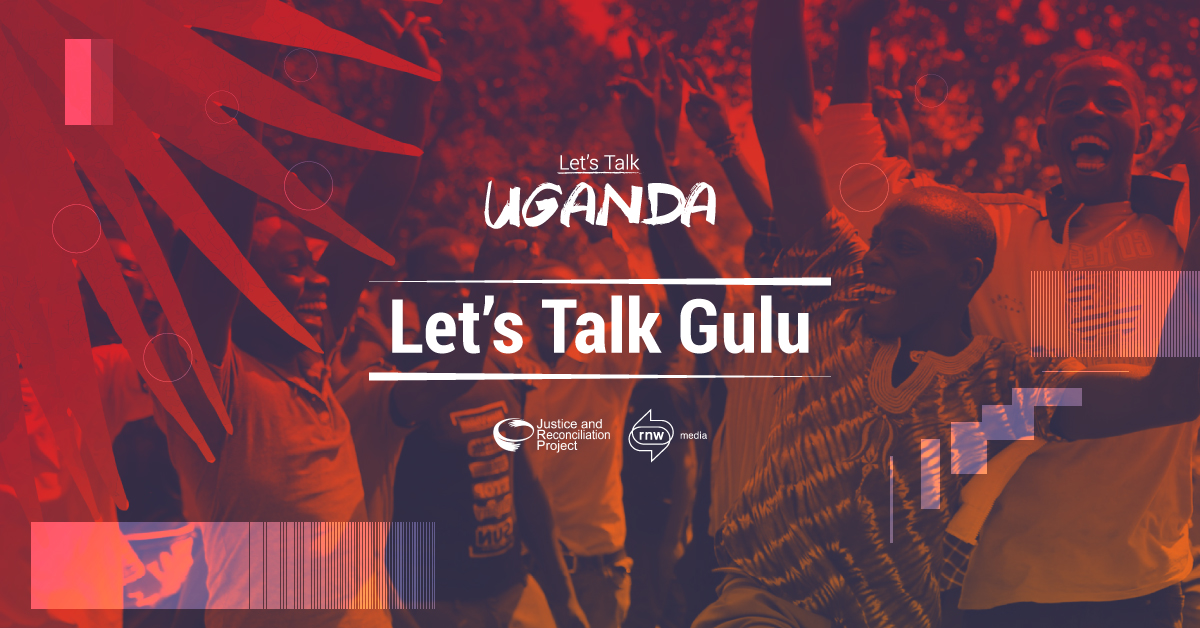
As communities navigate a post-conflict journey together, it is key for a stage to be given for different groups within society to share their experiences, challenges and current journeys.
Recently, as part of the “Livelihood” project implemented by JRP and Women’s Advocacy Network (WAN), with funding from Uganda fund, four dialogues were organised in three districts: Pader, Nwoya, and Amuru. The formulation of these dialogues came about after feedback sessions conducted across various WAN groups had brought to light a number of common challenges faced by WAN members. It was conceived by JRP and WAN that such challenges should be discussed with members, local government and cultural officials, as well as spouses and supporting relatives as gender-related issues that need a holistic approach for them to be remedied.
Being mainly made up of victims of conflict-related SGBV, the WAN groups have been supported throughout this project in a number of ways. The project supports WAN groups in selecting an Income Generating Activity (IGA) for the group and building it together into a sustainable and efficient source of income for members. Throughout the project period, members have noticed that certain challenges are standing in the way of complete achievement of the project’s aims. Such common challenges highlighted included: jealousy, stigma, land conflict, lack of local authority assistance, and harming of animals distributed as part of project. During the dialogue, members were given the opportunity to elaborate on these points in order to help paint a clearer picture for those relatives and local leaders in attendance.
A key question posed to the groups was whether they felt they were experiencing such issues due to their identity as a victim of SGBV or whether it was due to their gender. Whilst some emphasized the role their gender plays in the challenges they face, most accentuated how being a victim of SGBV, and for many a returnee from LRA captivity, brought the most challenges. Although members perhaps did not agree completely, it is important that these members consider the gender aspect, so that effective remedies can be agreed upon.
When addressing the issues discussed that related to local land conflict or relations with the local authorities, local government officials were on hand to listen, respond and advise. Many of the local leaders acknowledged how they were formerly unaware of some of the problems the group faced and called for all groups to work closely with the local authority. Providing a space for discussion between the members and the local leaders proved promising and could be important for the future of the groups’ project implementation.
After such a long period of violence that impacted the lives of most in northern Uganda, it is necessary to aid in social reconstruction and reconciliation. In aiding groups to inform other members, relatives and important figures within the community on their activities, hopes and struggles, we hope communities within northern Uganda can build a bright and peaceful future together.





